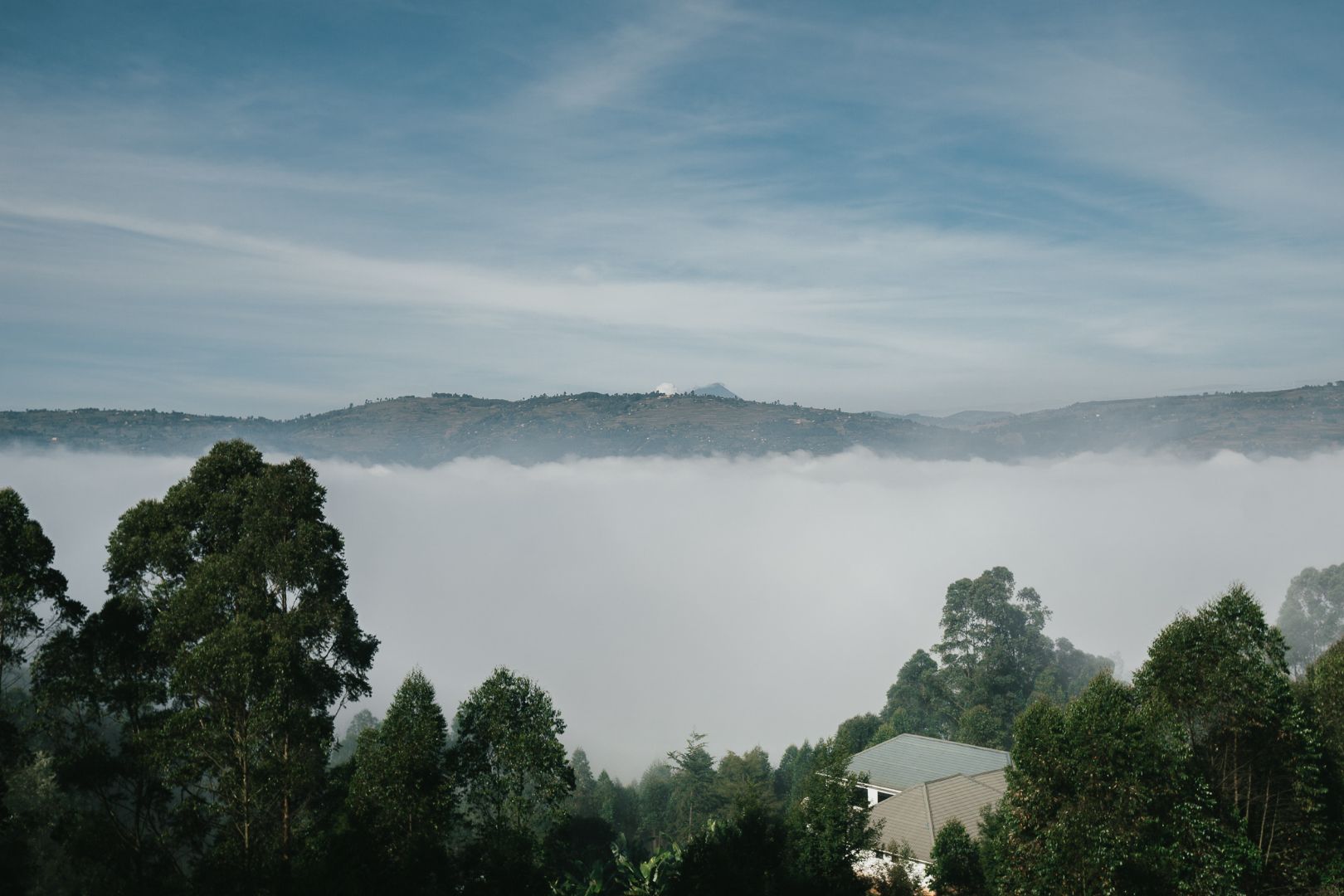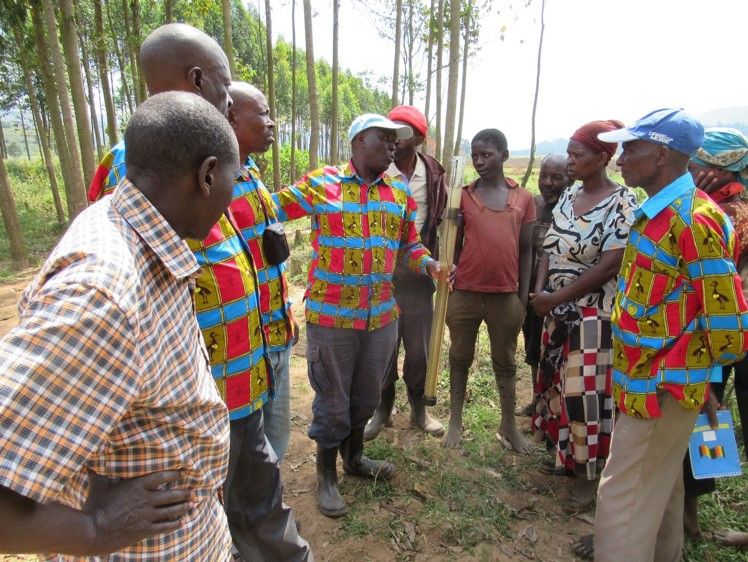John Doyle-Raso • Ph.D., Department of History (2021), College of Social Science

John Doyle-Raso’s dissertation, “The Origination and Implementation of the National Wetlands Policy of Uganda: Environment, Knowledge, and Power from the Late Nineteenth Century to Present” sits at the intersection of African and environmental histories. Doyle-Raso’s analysis of Uganda’s national policy for wetland conservation—the first in Africa and the third worldwide—examines connections between community-based projects and global scientific networks. This work exemplifies the qualifications for the Gill-Chin Lim Award for Outstanding Doctoral Dissertation in Global Studies.
Doyle-Raso has a Ph.D. in History from Michigan State University, dual master's degrees in international and world history from Columbia University and the London School of Economics, and a bachelor’s in peace studies and sociology with a minor in biology from McMaster University.
He has a forthcoming publication in the International Journal of Water Governance and has work under final review by Berghahn Books as part of an edited volume historicizing agricultural science around the world. Doyle-Raso submitted an invited contribution to the Transactions of the American Philosophical Society for a special issue titled “The Promise and Pitfalls of Citizen Science.”
Doyle-Raso's next project, some of which he has presented to the American Historical Association, historicizes interdisciplinary knowledge concerning invasive species in Lake Victoria. He has eleven semesters of experience as a teaching assistant regarding a range of subjects and was the instructor of the People, Plagues, and Pandemics course.

Global studies is about researching connections between people all around the world. It overlaps with, but is distinct from, the fields of international and transnational studies, which research connections between people in different countries. The word “studies” signals the importance of interdisciplinarity in this research. No single discipline can create a complete picture, especially regarding global issues. Global studies is important as a way to integrate different perspectives on connections between people all around the world.
As an undergraduate, I did a brief ethnography of village-level water governance in Tanzania to analyze an NGO in which my family has been active. For my master’s, I took a wider view by studying colonial water governance in East Africa. During that research, I was struck by the colonial antipathy toward wetlands, particularly in Uganda. For my Ph.D., I decided to study changing and conflicting ideas about Ugandan wetlands.
I have been interested in East Africa and environmental issues for a long time. Researching their intersection is a way to analyze how people have known and shaped their environments. Many people have badly misunderstood this topic in relation to Africa because of, and entrenching, imperialism. African environmental history can offer alternatives to imperialist visions of the world by interrogating relationships between environment, knowledge, and power.
While I grounded my dissertation in history, I also drew from anthropology, ecology, political science, and more disciplines. To combine them, I used a range of primary sources such as non-traditional archives, scientific periodicals, children’s books, novels, and Tiger King. Furthermore, I interviewed people representing diverse professions. For example, a choreographer gave one of the most valuable interviews of my dissertation, which I did not anticipate when I started fieldwork regarding science in environmental conservation.
My dissertation reveals the importance of scientific changes in the conceptualization of “community-based conservation,” which has become a globally-prominent concept since the late 20th century. Whereas scholarship about conservation focuses on “protected areas” (e.g., national parks), Ugandan wetland conservationists have worked primarily in communities outside protected areas. Through this work, Ugandans rethought the significances of wetlands in ways that people around the world subsequently incorporated into their own understandings of environmental issues. However, neoliberalization and recentralization have undermined the capacities of communities to use these ideas to improve their environments and livelihoods.

Read work by scholars from the places on which you are focusing.
Graduate students at MSU have extraordinary expertise in global studies, so I am fortunate to have participated in this community. I had many wonderful professors as well—especially my supervisor, Laura Fair—although naturally most of my interactions were with my colleagues. Reading, speaking, and teaching with them were invaluable experiences in situating my work globally.
I depended on MSU’s archivists and librarians to access resources globally, particularly during a pandemic. The Africa specialist librarians provided crucial sources including remote access to files from colonial Uganda. I used those files for chapter one of my dissertation, which I presented at a workshop in Maputo organized by Program Point Sud that was vital in getting feedback from scholars from around the world. The special collections archivists helped me navigate records from MSU’s involvement in global networking about invasive species in Lake Victoria, which I have been using to begin my second book project. Furthermore, MSU’s librarians kindly sent every book I requested to Toronto, where I remained due to the COVID-19 pandemic.
I am grateful to the African Studies Center, Center for Gender in Global Context, College of Social Science, and Department of History for research funding. I am indebted to the Graduate Employees Union for bargaining for a health care plan that made it possible for my family and I to move from Toronto to Lansing.
Nominated by: Laura Fair, Professor of African History, Department of Middle Eastern, South Asian, and African Studies, Columbia University
The Gill-Chin Lim Award for Outstanding Doctoral Dissertation in Global Studies recognizes one graduate student each year for their outstanding MSU doctoral dissertation focusing on global studies, completed the preceding year. The award is funded through an endowment and carries a cash stipend. Although a GPA above 3.5 is preferred, more weight will be given to the intellectual contribution of the dissertation and the innovative methodology used to carry out the research.